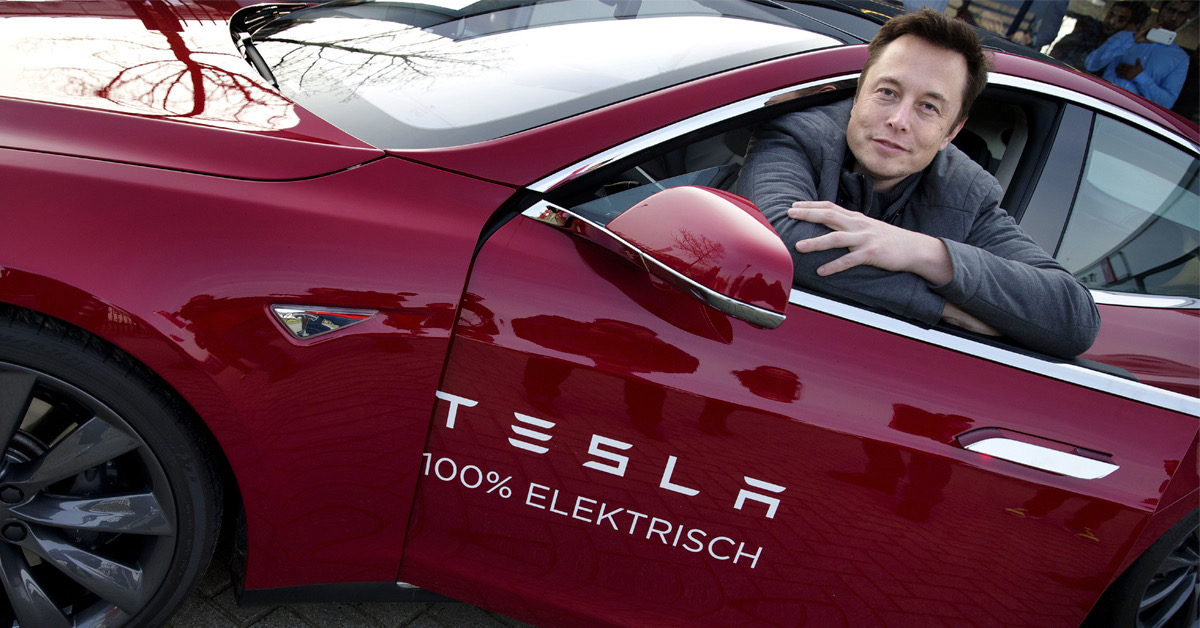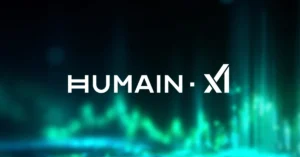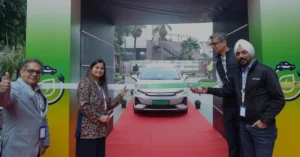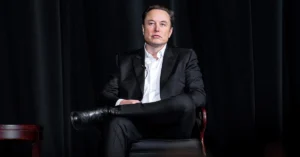ⓘ Featured image: A file-photo of Elon Musk, Tesla’s CEO & Co-founder; Credits: CNBC
A few weeks after Tesla’s CEO & Co-founder Elon Musk revealed its interest to enter the Indian market, the Maharashtra government has now initiated talks with Tesla to push electric mobility in the state.
Speaking of the same, Aaditya Thackeray, State Tourism Minister, in a tweet on Thursday, said that Industries Minister Subhash Desai held a video call, in which he also participated, with the Tesla team, inviting the electric car maker to Maharashtra.
Elon Musk, earlier this month revealed interest in entering the Indian market by 2021. Earlier on, the Karnataka government offered Bengaluru as the destination for Indian Tesla Gigafactory, and the company has already initiated discussions to build research and innovation unit in the city.
One core-cognition behind Maharashtra’s interest in boosting electric mobility could be that the state is already home for various domestic and foreign automobile manufacturers with Chakan Industrial belt near Pune, a major automobile hub in the state.
Thackeray in another tweet quoted that the Maharashtra government is committed to boost sustainable development in the state and electric mobility is the way ahead,
Elon Musk earlier faced Indian government’s regulatory hurdles concerning electric vehicles (EV) in India.
In 2019, the government has lessened custom’s duty on electric vehicle components and parts to 5 percent. A pre-assembled electric vehicle will attract 15 percent taxation, whereas the ones assembled in India will attract 10 percent taxation. At the same time, the Central Board of Indirect Taxes (CBIT) has withdrawn exemption of customs duty for EV batteries, to boost their production in India, which might help the Indian EV ecosystem and the Make in India initiative in the long run.
An Avendus Capital report from July forecasts that the Indian EV market could be an INR 50,000 crore opportunity by 2025.
Factors such as policies, battery cost, charging infrastructure and supply chain as well as localisation are expected to drive the adoption of EVs in various segments in the country over the next decade, the report noted.





